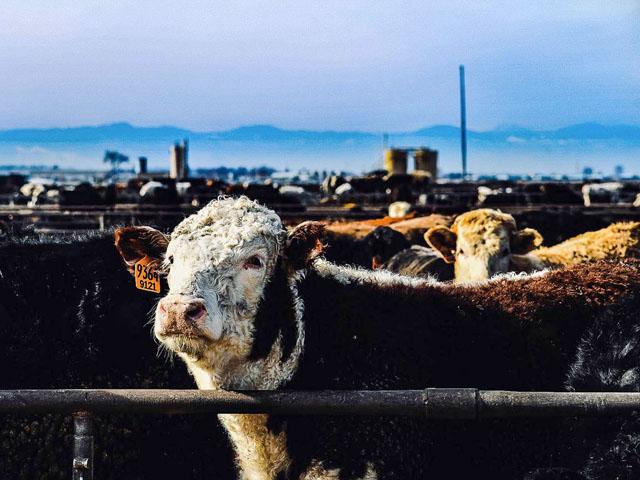Call the Market
The Cattle Industry Continues to Deteriorate While History Is Being Made
I don't know about you, but I'm getting tired of living through history and seeing the beef industry deteriorate. In August 2019, we saw the Tyson Foods packing plant fire in Holcomb, Kansas. Then, our world was tossed upside down by COVID-19, and now we've been given the beauty of kissing the muddy goat of 2021.
It would be foolish to think that all the industry's problems started back in 2019 with the Finney County packing plant fire, when actually these problems have been brewing for decades. The difference today is that we have to choose whether we face this monster directly or concede to vertical integration and follow the direction of the hog industry.
The only way to change the crippling market cycle that we've become accustomed to in the cattle industry is to no longer accept business as it's currently being done. It's blatantly wrong that beef consumers are being charged $329.92 for choice cuts and $304.26 for select cuts, all while cattle sit in feedlots another week without a bid. Why is that so? How is that even possible when consumers continue to be being gouged with high prices even though there are plenty of cattle to be processed and feedlots go another week without getting bids, let alone competitive bids?
P[L1] D[0x0] M[300x250] OOP[F] ADUNIT[] T[]
Beef producers must think about this from their own perspective, but also from the perspective of consumers. What will these high prices do to beef demand? Will consumers change their buying habits if something doesn't change? If so, how long will it take to regain consumer interest?
In a situation like this, it's easy to slap an analytical phrase like, "well, high prices are the cure to high prices." But this unsympathetic phrase doesn't take into the account the damage that's done to the market while seeking these so-called "high prices." True, at some point, high prices do top, but the underlying damage is far greater than what's flippantly perceived.
In my last column (https://www.dtnpf.com/…), we discussed the problem that packing plants face, as finding employees is more challenging than ever. Unfortunately, since my last column, the overall situation hasn't gotten any better -- if anything, it's gotten worse. Boxed beef prices have continued to climb, carcass weights are getting heavier and the cash cattle market has remained stagnant at the same prices for the last four weeks.
Last year, the industry battled a backlog of cattle for months as plants were shut down when COVID-19 roared its head. Plants haven't completely shut down in 2021 but running at a mediocre speed with inadequate throughput will be devastating to the beef market if something doesn't change immediately.
Last week's actual slaughter data shared that, for the week ending May 8, steers averaged 896 pounds (up 5 pounds from the previous week) and heifers averaged 826 pounds (up 2 pounds from the previous week). Just to put that into perspective, for the same week in 2020, steers averaged 896 pounds (steady with 2021), in 2019 steers averaged 852 pounds (44 pounds less than 2021), in 2018 steers averaged 848 (48 pounds less than 2021), in 2017 steers averaged 836 (60 pounds less than 2021) and for the same week in 2016, steers averaged 862 pounds(34 pounds less than 2021).
With corn prices so high, feedlots don't have the desire to feed cattle to exuberant weights, but when processing speeds are insufficient, showlists and carcass weights become larger.
Bottom line: The beef industry has got to see some changes made to the way cattle are processed. It's affecting consumers, feedlots, cow-calf producers and beef demand. In fact, it's affecting the well-being of the cattle industry. I understand that packers are stressed to find help, but if something doesn't change right now, the industry will be looking at another summer of working through a backlog of cattle.
ShayLe Stewart can be reached at ShayLe.Stewart@dtn.com
(c) Copyright 2021 DTN, LLC. All rights reserved.




